The Scaling Dilemma for MSOs
Management Services Organizations (MSOs) are the backbone of healthcare operations—supporting independent practices, standardizing processes, and driving growth across networks. But as they scale, a familiar problem emerges: complexity grows faster than capacity.
Each new practice adds layers of administrative work. More credentialing. More billing. More compliance tracking. More onboarding. The traditional response has been to hire additional staff—but that approach only works for so long.
Margins tighten, burnout rises, and the administrative burden expands in proportion to growth. For many MSOs, this creates a paradox: expanding operations without adding headcount feels impossible.
That’s where AI and automation come in. Purpose-built healthcare AI platforms are now enabling MSOs to increase capacity, standardize workflows, and scale sustainably—without expanding their teams.
1. Identify Your Biggest Operational Bottlenecks
Before evaluating AI solutions, MSOs should start with a clear picture of their current challenges. Where are your teams spending the most manual time each week?
Common bottlenecks include:
- Provider onboarding and credentialing delays
- Manual billing and reconciliation errors
- Compliance tracking across multiple systems
- Slow, repetitive reporting processes
- Inefficient referral or authorization workflows
By pinpointing these friction points, you can map where automation will have the greatest immediate impact. The goal isn’t to replace staff—it’s to remove repetitive, low-value work so your teams can focus on strategic initiatives.
2. Look for Healthcare-Specific (Not Generic) AI
Not all automation is created equal. Many “AI productivity” tools are designed for generic business use—not the complexity of healthcare operations.
MSOs should seek platforms purpose-built for medicine—AI that understands healthcare language, EHR workflows, and compliance standards.
When comparing vendors, ask:
- Was the AI trained on real clinical or operational data?
- Does it recognize healthcare-specific terminology (NPI, CPT codes, payer workflows)?
- Is the company experienced in HIPAA compliance and integration with EHR systems?
Generic tools may handle basic data entry but often fail when faced with medical nuance. True healthcare AI goes beyond automation—it enables accuracy, interoperability, and accountability.
3. Prioritize Seamless Integration Across Clinics
Every MSO operates across multiple systems, locations, and specialties. The right AI platform should unify—not fragment—your ecosystem.
Integration is where many projects succeed or fail. The best tools fit naturally within your existing infrastructure, rather than forcing you to rebuild it.
Strong EHR integration allows for:
- Real-time syncing of notes, billing, and credentials
- Automatic task routing and completion tracking
- Centralized dashboards across clinics
- Fewer manual uploads or duplicate data entries
A well-integrated platform ensures every clinic operates on the same foundation—no matter how many systems or staff members are involved.
4. Measure Real ROI and Workflow Impact
It’s easy for vendors to promise “efficiency.” It’s harder to prove it.
The best AI platforms demonstrate measurable outcomes within months of implementation.
MSOs should look for metrics such as:
- Reduction in manual data entry or administrative hours
- Faster provider onboarding and credentialing timelines
- Fewer billing rejections and compliance errors
- Clear visibility across all practice operations
AI isn’t about futuristic promise—it’s about tangible time savings, cleaner data, and more reliable processes. Real ROI is seen when staff spend less time managing systems and more time improving them.
5. Choose a Platform That Scales With You
The MSO model is built for growth, and your technology should reflect that.
As your organization expands, adds specialties, or merges with new practices, your AI foundation needs to scale seamlessly.
A future-ready platform doesn’t just automate today’s workflows—it learns from them. Over time, it becomes smarter, more accurate, and more aligned with how your teams actually work.
Scalability isn’t just about volume. It’s about adaptability.
The right system will evolve as your MSO evolves—keeping your operations efficient no matter how complex your network becomes.
Why MSOs Choose Honey Health
Honey Health was built specifically to automate healthcare’s back office at scale.
The platform unites documentation, onboarding, billing, and compliance into one intelligent AI-powered workflow—purpose-built for MSOs managing multiple clinics.
Key advantages include:
- Healthcare-Specific AI: Designed for the complexity of medical operations, not generic automation.
- Seamless Integration: Works directly with your existing EHRs and systems—no disruption or duplicate work.
- Unified Workflows: Connects teams, data, and processes across all locations.
- Transparent ROI: Provides clear metrics on time savings and financial impact.
- Built for Compliance: Fully HIPAA and SOC 2 certified, with end-to-end data protection.
With Honey Health, MSOs can standardize operations, eliminate repetitive work, and expand efficiently—all while maintaining visibility and control.
Smarter Operations, Sustainable Growth
AI isn’t replacing the people behind healthcare—it’s empowering them.
For MSOs, automation represents a new phase of operational intelligence, where teams can do more with less stress, fewer errors, and greater impact.
The next generation of healthcare management organizations won’t grow by adding headcount.
They’ll grow by building intelligent, scalable processes—powered by AI platforms that understand the way healthcare really works.

